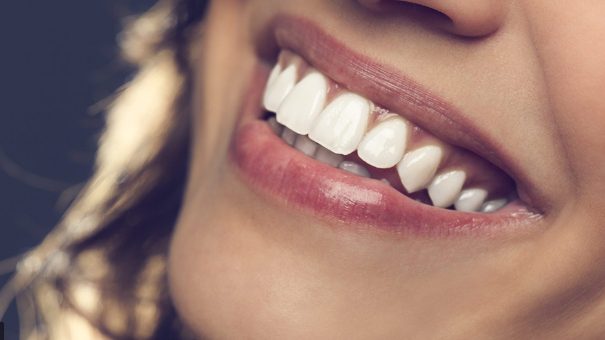It may not be very well known, but hundreds of thousands of people have black gums also known as gum hyperpigmentation. As the name suggests, the most common symptom is dark black spots or blotches on the gums. On rare occasions, It may be an indication of much more serious disease but that is quite uncommon and can usually be treated successfully if identified in time. In this article, you will learn more about dark gums and how to treat them successfully so you can maintain your oral health and aesthetic appeal with minimal effort and expense.
What Are Black Gums?
Dark gums are also known as gum hyperpigmentation. It is a condition in which black spots or blotches appear on the gums. These dark spots can be caused by a number of factors including aging, genetics, medications, and more. Dark gums may not always be easily recognizable because they mimic other dental issues such as plaque buildup or periodontal disease. However, there are some telltale signs to look for. Black gums may appear brownish-black or reddish-brown in color and usually have rough edges around them. They may also have bumps, white patches, and lines on the surface that make it look like someone drew with a pen or pencil on the mouth area. If you notice any of these symptoms then it’s important to see your dentist as soon as possible.
Why Are They Affecting Me?
Gum hyperpigmentation is caused by an overgrowth of cells on the gums. These cells produce a pigment called melanin, which is what gives skin its color. In the case of gum hyperpigmentation, it’s not only the gums that are discolored; these blotches will also be present on your lips and teeth as well. It can be difficult to determine what causes these dark spots because they aren’t always present when someone has…
You May Also Like:
What Can I Do About Them?
Unfortunately, in the majority of cases, there is no known cause for the darkening of the gums. It can be a result of genetic factors or an autoimmune disorder such as lichen planus. Lichen planus is an inflammatory skin condition that can also affect the gums. Other treatments may include topical oral antibiotics to reduce any inflammation in the mouth. In some cases, bleaching agents can lighten the dark spots on your gums and return them to their natural whiteness.
What Can My Dentist Do About Them?
Your dentist can help you treat your dark gums with a procedure called bleaching. Bleaching is a safe and effective way to lighten the color of your teeth or gums. In some cases, it may not be as easy to get rid of the dark spots on your gum tissue. Your dentist can use laser treatments or another light-based therapy to reduce these blotches.
Black Gum Side Effects:
Black gums are harmless but can cause teeth to look discolored or uneven. Black gum side effects can also include gum inflammation and tooth sensitivity. People with a history of sensitive teeth should be careful with the ingredients in this treatment since it may cause dental discomfort. Black gum is usually caused by genetics, hormones, or medications that increase melanin production in the tissue around the teeth. Dental procedures such as bleaching and bonding treatments can also lead to black gums as they may leave behind bacteria that cause dark pigmentation. If you have any concerns about your black gums or need help deciding on a course of treatment consult your dentist.
Do Black Teeth Mean Your Teeth Are Dying?
The symptoms of black teeth can vary depending on the cause. However, there are some common symptoms that may be seen with this condition. These include dark spots on the gum line which may or may not be sensitive to touch, a burning sensation when exposed to hot or cold liquids or food items, loose teeth, chronic dry mouth, or throat irritation. If you suspect you have black teeth contact your dentist immediately for an exam and to find the right treatment option for you.
How Do Black Teeth Get Their Color?
It may not be very well known, but hundreds of thousands of people have black gums also known as gum hyperpigmentation. As the name suggests, the most common symptom is dark black spots or blotches on the gums. On rare occasions, It may be a sign of leukoplakia; a precancerous lesion that can lead to cancer if left unchecked. If you suspect you have black gums it is important to visit your dentist for a diagnosis.
Other Symptoms Associated With Black Teeth:
There are other symptoms associated with black teeth including the following:
*A discoloration of the tooth enamel. *A dry mouth or sore throat. *Bad breath. *Dry sockets after tooth extraction. *A sensation that something is stuck in your throat when swallowing (like food). *Sometimes difficulty chewing or swallowing food.
